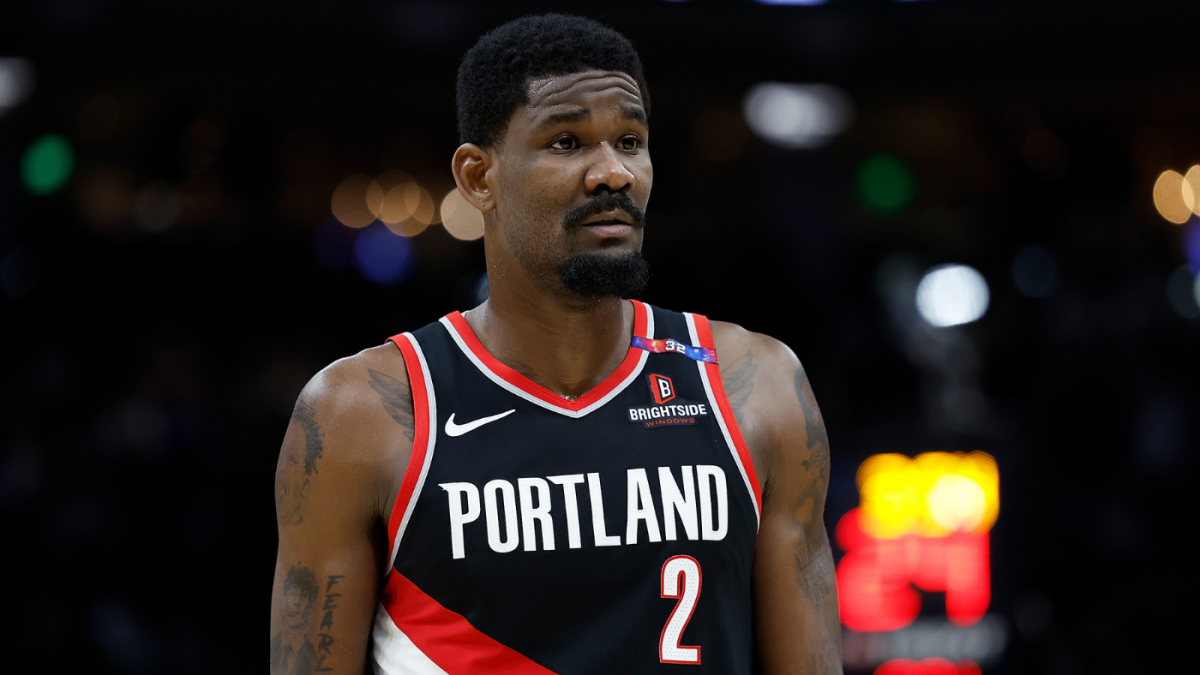Deandre Ayton’s contract buyout with the Portland Trail Blazers marks a pivotal moment in his career and the NBA landscape. The buyout, reported by multiple sources including ESPN’s Shams Charania, makes Ayton an unrestricted free agent ahead of the 2025-26 season, allowing him to explore new opportunities a year earlier than initially scheduled. This development carries broad implications—not just for Ayton himself but also for the Trail Blazers’ roster strategy and the wider free agent market.
Background and Contract Details
Ayton, who turns 27 next month, was acquired by the Trail Blazers in a high-profile three-team trade in 2023 that sent Damian Lillard to Milwaukee. At the time, Ayton was midway through a four-year, $132.9 million contract, with $35.5 million owed to him in the final year. Over the last two seasons in Portland, Ayton started 95 games and averaged a solid 15.7 points and 10.7 rebounds per game. Despite these respectable numbers, the Blazers opted to part ways through a buyout, a decision likely influenced by several factors including salary cap flexibility, team direction, and Ayton’s fit within the roster.
What the Buyout Means for Ayton
Becoming an unrestricted free agent a year ahead of schedule gives Ayton several advantages:
– Freedom to Choose: Instead of waiting for the contract to expire next summer, Ayton can immediately negotiate with any team, potentially landing a more favorable deal.
– Market Dynamics: Free agency is a critical window for players to assess team fits, roles, and championship prospects. Ayton can now position himself with a contender or a rebuilding team needing a strong center.
– Legacy and Role: At 26 years old, Ayton is entering his prime. With consistent double-digit rebounds and scoring, a fresh start could enhance his visibility and showcase his talents on a different stage.
Implications for the Portland Trail Blazers
The Blazers’ decision to buy out Ayton is equally strategic. It signals a shift in their team-building approach:
– Financial Flexibility: Buying out Ayton, who would have earned $35.5 million next season, eases salary cap constraints for Portland. This frees up resources for draft picks, free agents, or trades.
– Roster Restructuring: The team has reportedly drafted a center in the first round, suggesting a move towards younger, possibly more cost-effective talent at that position.
– Long-Term Vision: The Blazers appear to prioritize flexibility and growth, possibly shifting toward a revamped core rather than committing to Ayton’s large contract in the long term.
Context in the NBA and Free Agency Landscape
Ayton’s buyout enhances the quality of the center market for the upcoming free agency period. Centers of Ayton’s caliber and size—six-foot-11 with a blend of offensive touch and rebounding capability—are valuable commodities in the league. Teams worldwide looking to bolster their interior presence will now likely view Ayton as a prime candidate.
His availability may influence:
– Competing Teams’ Strategies: Contenders could view Ayton as an affordable asset after the buyout, potentially reshaping competitive dynamics.
– Trade and Signing Decisions: Ayton’s entry into free agency might affect other center signings or trades around the league as franchises balance talent, salary, and team fit.
Potential Challenges and Considerations
While Ayton’s buyout opens avenues, there are considerations he must navigate:
– Contract Value and Structure: The buyout terms were undisclosed, and the final earnings may differ from his original contract. He might have to accept a “prove-it” type deal or a shorter contract to reestablish his value.
– Fit and Opportunity: Finding the right team where his skills complement the system will be critical. Some teams may have established centers, limiting playing time and impact.
– Market Competition: Although Ayton is a significant prospect, there’s competition from other centers and younger players eager to claim leading roles.
Conclusion: A New Chapter for Deandre Ayton
The Trail Blazers’ buyout of Deandre Ayton closes one chapter but opens another filled with opportunity and potential. For Ayton, this moment is both liberating and challenging—a chance to redefine his career trajectory and find a new environment that maximizes his talents. For Portland, the move aligns with a strategic reset emphasizing flexibility and growth. As Ayton enters free agency, the eyes of the NBA will keenly watch where the former No. 1 overall pick lands next, how he adapts, and what this transition means for both his legacy and the evolving landscape of NBA rosters. This buyout is a bold statement from both player and team, setting the stage for exciting developments in the months ahead.











